What's an effective way to get rid of liriope? My entire front yard

Related Discussions
GNATS - How to get rid of them?
Somehow my house and garden got tiny gnats that killed my fuchsia plant and fly everywhere. I have tried ALL the Web recommendations - soap and oil dishes, sand in th... See more
Marigolds growing! Should I pinch the buds?
My marigold plants are growing. I heard that pinching the buds until Autumn will allow them to grow without killing the plant. Is this true?
Growing garlic
Growing our first garlic, should we wait until the leaves are drying out before we pick it? Husband picked first one today along with our first potatoes.
How to keep mice out of your garden?
Hi everyone, I have mice in my garden destroying my vegetables and I have also noticed them in the barn and shed. Please can someone tell me how to prevent them from ... See more
What's the best flower/plant to grow in Texas?
I know that opinions vary, but what's your opinion?!I have great luck w Rosemary plants. Green all year long.
What is the best way to get rid of 3 corner jack prickles from my yard
Best way to kill bush/tree after being cut down?
Just moved into a new home. There was a huge thorny bush dragon devouring the mailbox. I slayed the dragon but it is trying to rise up again. How can I make sure it's... See more
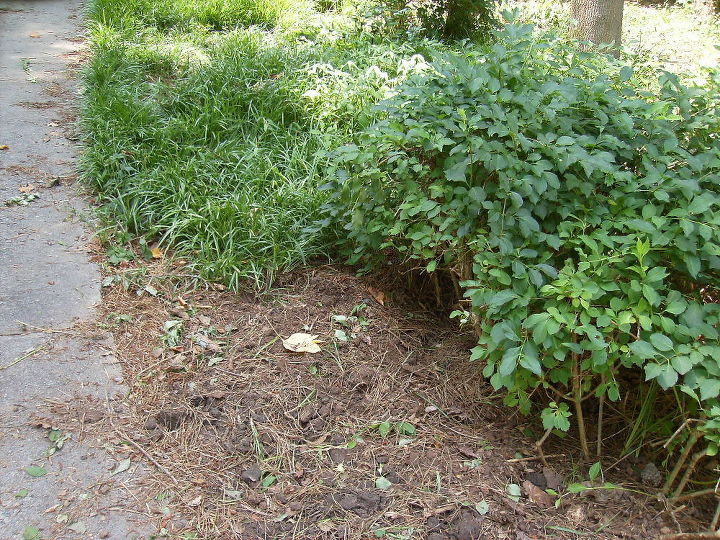
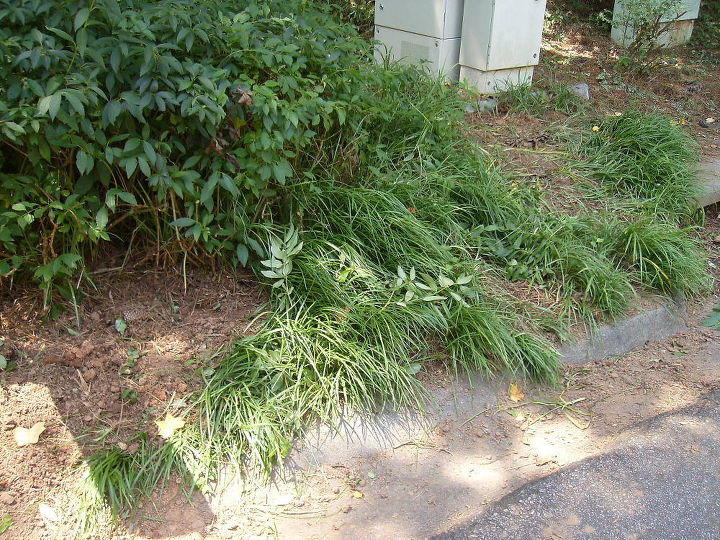
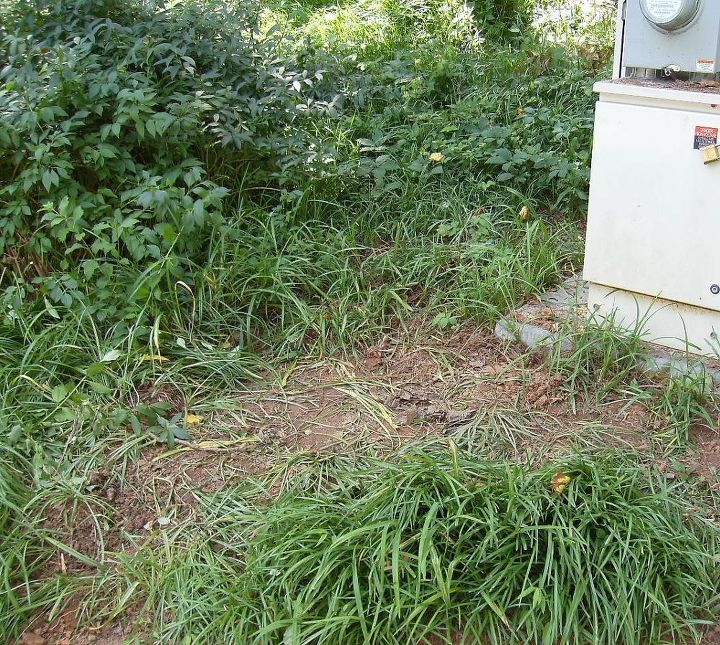
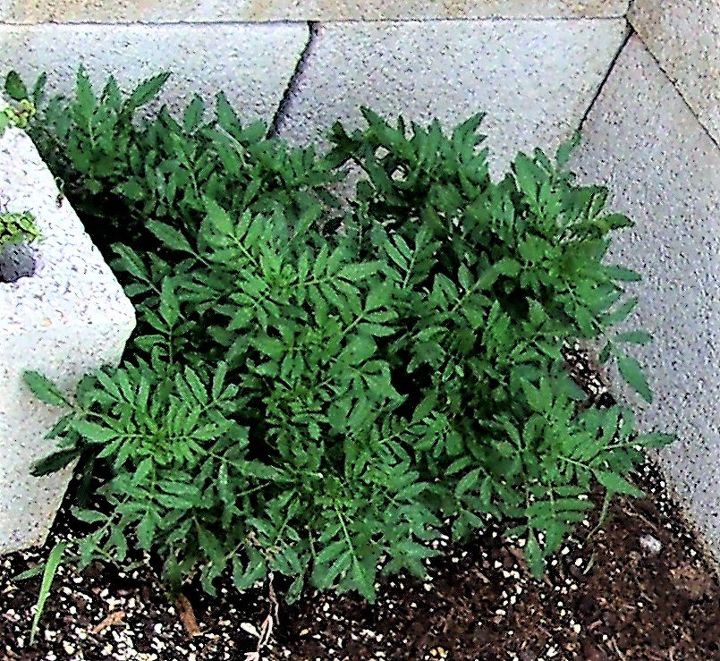


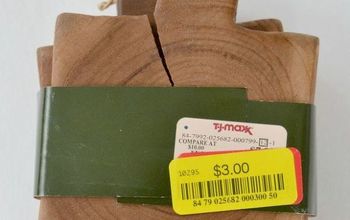
If it's liriope spicata aka creeping lily turf, then digging it up will not work because those roots are networked to other liriope plants. I tried to dig up a 6x4 patch in my backyard about 12 or so years ago, and I dug down deep, about 18 inches, and used a screen sifting box I'd made over a wheel barrow to sift the dirt, plus I dug a full foot into my St Augustine just to make sure. After replacing the dirt and resodding the area I had those damnable things popping up all around the area I had dug up. Next I used regular Roundup, then Spectracide weed killer, then Ortho weed b gone, then finally Roundup Poison Ivy killer. Some would brown the liriope blades and others didn't do anything but kill the St Augustine. Problem is that regular Roundup only has 3% Glyphosate, and mixing it according to the instructions will not do jack to kill Liriope. Instead you have to mix the regular Roundup about 5 times the strength called for in the instructions, and that will get real expensive real fast. So finally I conceded defeat and did nothing more than mow it and not water it. A big stretch of this time since 2005 included a devastating drought here in Texas, so I said the hell with watering it. I believe during one of those summers with a multitude of 100+ degree days it didn't rain for more than 60 days, but the Liriope Spicata continued to live and grow and caused me to have to keep mowing during those hot months. Finally, a couple years ago I came across a Homo Depot product called HDX, which is a 41% Glyphosate product, sort of a generic Roundup on steroids. I first used it around mid February to spot spray danelions with the sprayer's round nozzle, and by the third week of March I started to notice these 10 to 12 inch round bare spots every where I had sprayed those dandelions, and by bare spots I mean no sign whatsoever of the Liriope. In fact, as I write this comment here in the middle of July those bare spots are still entirely free of Liriope, though there may be a clump of crab grass in a few of them. Anyway, that HDX kills this evil Liriope and sends them straight to hell. By the way, I later found out that this HDX herbicide is a generic of the commerical Roundup Pro (and/or Roundup Pro Max) because the Roundup patent finally expired, and which contains a slightly higher percentage of Glyphosate but also costs a great deal more. Nevertheless, if you're digging you're just wasting your time and effort. Spray it instead with a high percentage Glyphosate product, whether HDX, Roundup, Hi-Yield or others and be done with it. Yes, you'll have to re-sod, re-seed or re-hydromulch, but the important thing is this weed dead and done for.
how strong do you mix the HDX? per the label or stronger? Still add the soap too?
These chemicals sound effective and.are also reportedly carcinogens. Not. A great trade off. Still digging and covering with block plastic.
I post plants I no longer want on craigslist for free and ALWAYS have lots of takers in in East coast central Florida. People are thrilled to get free plants and root able cuttings as well. Many are "new" gardeners and I love giving them helpful advice when they come. Many come frequently and proudly share pictures of what they got before.
i tried the HDX glyphosate approach above with the high concentration HDX from Home Depot and it works! it takes about 6 weeks to work but it does work. It can be handled safely if you use the right PPE.
Hi Louise, hope this helps you.
If you want to get rid of monkey grass, the only way to control it is to use a product that contains glyphosate, the active ingredient in Round-Up. Be careful spraying Round-Up in your lawn as it is a non-selective herbicide and will kill both the Liriope and your desired grass.
The plant sends out runners all during the growing season. When you see them starting to grow out into the lawn or garden bed, remove the runners. But you have to stay on top of this or you won't get rid of the stuff. Good luck!
Call in a Garden Company who can help with Weed eradication!
My yard is overrun by liriope which was here when I bought the house. I want to get rid of it ALL and the suggestions above are helpful. However, as appealing as it is I don't think I'll offer it to others because it is invasive. Birds eat the seeds and distribute them which results in liriope choking out native plants. My advise to others is to NEVER plant this monster. It pops up everywhere because of the underground runners.